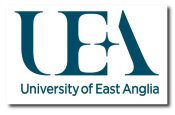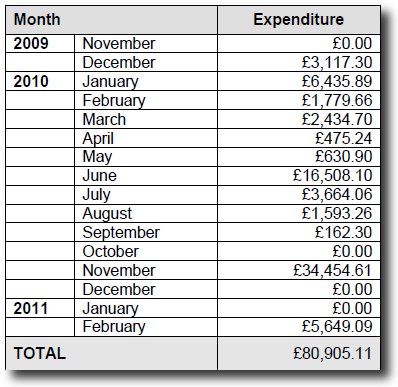 Bishop Hill
Bishop Hill Sir John responds
The "government" has responded to the Science and Technology Committee's report into the UEA inquiries.
After two independent reviews, and two reviews by the Science and Technology Committee, we find no evidence to question the scientific basis of human influence on the climate.
We note that this report from the Committee makes recommendations aimed at strengthening the transparency of scientific research, and that the principle of transparency is one to which the Government is fundamentally committed.
Which I guess is pretty much as expected.
The report was apparently prepared by the Government Office for Science - Sir John Beddington's crowd - with input from various other ministries. One wonders what input the government actually had, apart from applying a signature to the document in question.
I'll take a look at the report in more detail in a moment, but first I want to say something about Sir John's role in the Climategate affair. We know that the first person UEA's Trevor Davies wrote to when the story broke was Sir John. We know that Sir John pushed Lord Oxburgh, conflict of interest and all, to stand as chairman of the scientific inquiry, despite the noble lord's objections. We know that on completion of that inquiry, Sir John wrote to congratulate Lord Oxburgh, saying that all agreed that he had "played a blinder". We also know that Sir John was pivotal in getting the Russell panel to spend a lot of time on the peripheral issue of the surface temperature records.
And now he is personally responsible for putting together the government's response? And he tells us that there is no evidence that the scientific conclusions on the IPCC are undermined?
Are we expected to take this seriously?








